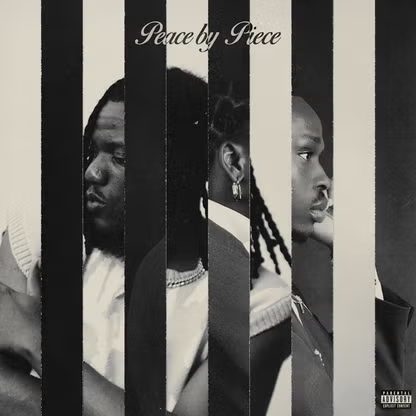Africa has suffered countless coups, wars, and genocides, however, the Rwanda genocide has become the most notorious and deadly genocide that happened within a short time.
April 1994 turned to be a black month for the people of Rwanda because it marked the month when the government of the day backed the killing of minority Tutsis over a period of 100 days.
https://youtu.be/SW4pNA0UNO4
The mad killing has been a build-up of agitation and man’s inhuman treatment to his fellow man. Today, many survivors tel
l their stories as if they are narrating a Hollywood well-written script that can be a blockbuster on the box.
However, these stories from survivors are depressing and discomforting to anyone who listens.
The Tutsis were referred to as foreigners, cockroaches, snakes – all kinds of things even though they are from t
he same country. The Hutu ethnic group murdered as many as one million Tutsis.
Friends killed friends, in-laws murdered in-laws and the savage killing continued. Millions fled the country and many died.
In 1959, a Hutu revolution cha-sed as many as 300,000 Tutsis away from the country, leaving a tiny number of the Tutsis to remain. By 1961, the Tutsis were subdued after their monarch was sent into exile.
How
ever, in 1990, the agitated Tutsi refugees started the Rwandese Patriotic Front (RPF), which invaded Rwanda from Uganda.
The government of Major General Juvenal Habyarimana offered the creation of a transition government to the Tutsi, something that never went down well with the Hutu.
Habyarimana and Burundi’s president Cyp
rien Ntaryamira were killed on April 6, 1994, while flying over the capital city of Kigali.
The death of Habyarimana forced the Presidential Guard, together with members of the Rwandan armed forces (FAR) and Hutu militia groups known as the Interahamwe (“Those Who Attack Together”) and Impuzamugambi (“Those Who Have the Same Goal”), started the slaughtering of Tutsis and modera
te Hutus with impunity.
When the genocide ended, Rwanda was no longer Rwanda. The International Criminal Tribunal for Rwanda (ICTR) was established including some local courts that tried many people who were guilty of the crime.
Yet, it was only a small number of people who ended up punished. The victims were asked to embrace peace and forgiveness.
Peace and forgiveness were two of the most difficult things for these victims to use for their healing but they opted for them. Today, visiting Rwanda will leave you awed with its tremendous testimonies of development and unity even though, the cracks can still be seen.
These cracks are str
ongly bounded by peace and forgiveness to ensure life is enjoyed in this country again.




























